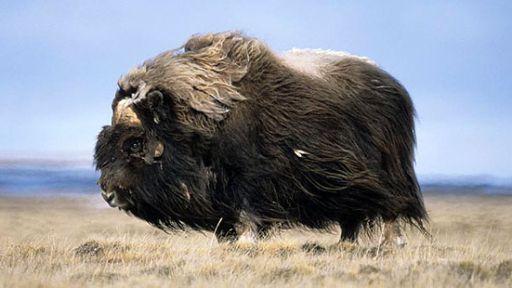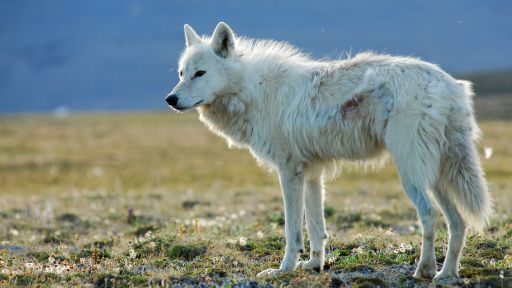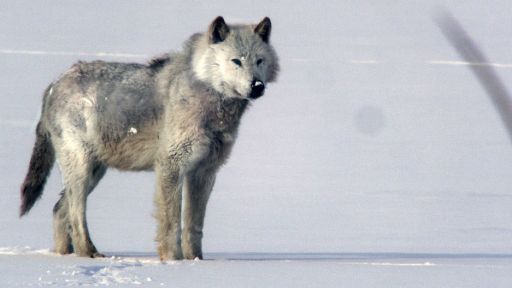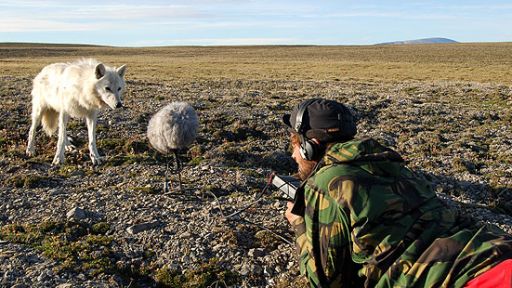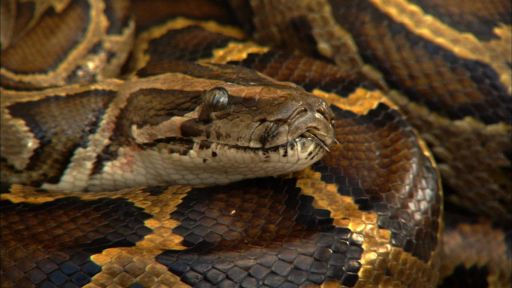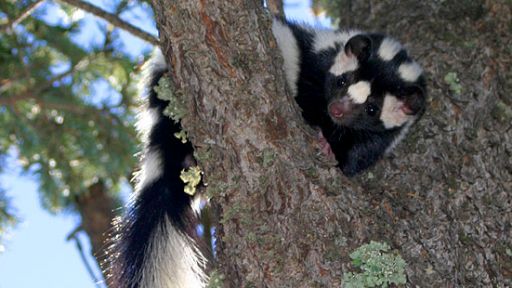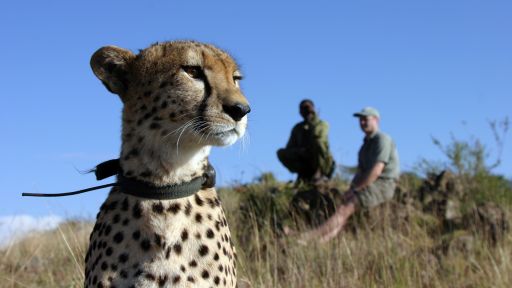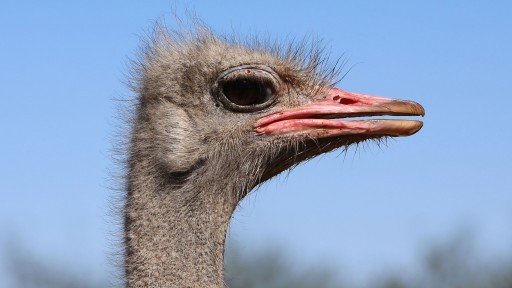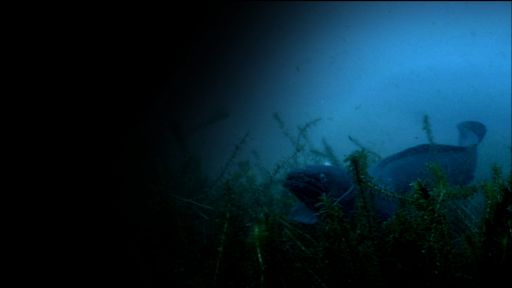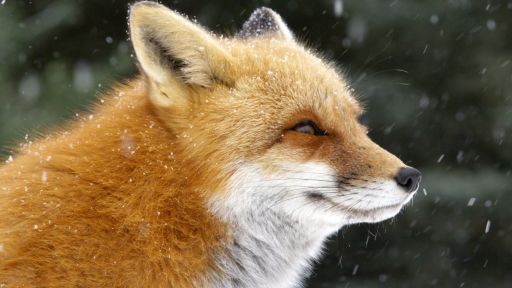IRENE: Can you tell me about development and pre-production on White Falcon, White Wolf?
FERGUS BEELEY: The greatest difficulty with regard to the development of the film was being certain about any facts. Yes, people had studied the wolves on Ellesmere — in previous years. Yes, people had seen gyrfalcons on Ellesmere — in previous visits. But NOTHING in the Arctic remains certain, and for that reason, whatever anyone ever said, my stomach would always turn with the fear that we would neither find a nest nor a den.
Pre-production difficulties were confirming the logistic needs. The teams were going to require training in safety aspects, as well as huge consideration being given to tents, camping food, and keeping both the latter free from the curiosities of wolves or even polar bears. Safety expert Jim McNeil was an expert in the area, and knowing the particular area well, he was able to give us specific training in the issues that might ensue.
Regrettably, in April of that year, just a month ahead of when we were due to depart, I was making another film high in the Andes (at 5,000m) and had a fall. The result was a very badly fractured ankle. After a 12-hour journey on stretcher off the mountain they flew me back to UK by Air Ambulance to be operated on. It was fate. I was not going to be able to be on location in the Arctic with the wolf team. I would have to remain in hospital and co-ordinate editorial from my bed side.
IRENE: How long did each crew film on Ellesmere Island?
FERGUS BEELEY: The two crews were on location for eight weeks, one team on the gyrfalcons, and the other team at the wolves. Knowing when the best time would be to go was a concern, as each year is different in the Arctic. Some years the sea ice melts early; other years it melts late. To get up there and find that the sea ice had melted would mean that we would not be able to land the aircraft at the desired spot. That, of course, would be a disaster.
IRENE: How large was the crew?
FERGUS BEELEY: The wolf crew comprised Jim McNeil, safety and logistic expert, Jonny Keeling, Director (who replaced me, but did much better than I ever would have done), Harry Hoskyns-Abrahall, a really good field naturalist and an Assistant Producer, and the cameraman, Mark Smith. There were three people at Alexandra Fiord with the gyrs; Mike Dilger, a director, cameraman Ian McCarthy, and a field expert and safety advisor.
IRENE: Was filming in Ellesmere difficult, for example logistics such as bringing equipment or food supplies?
FERGUS BEELEY: All the difficulties could be overcome, but there would be an associated cost. Getting anything to the Arctic costs time and fuel, so though anything is possible (you COULD take TONS of food) you had to be sensible in terms of what you could afford, and what you could reasonably carry. The logistic issues changed as we were filming. The twin otter was able to land on the sea ice very close to where we wanted to be for the wolves. But when the sea ice melted? How would we get the crew off? It was a benefit that both Jim McNeill and myself were former members of Her Majesty’s UK Armed Forces, as we had both been trained in issues that allowed us to maximize opportunities. For instance, from my hospital bed I was able to look in detail of the area on Google Earth to see if there were any gravelly areas where a twin otter could land. If need be, Jim could then take the GPS co-ordinates and recce the site on the ATV to establish suitability as a strip on the ground.
IRENE: Any striking anecdotes that came about while making this film?
FERGUS BEELEY: Stories from the ground would be the best ones to hear. I can’t imagine how, for instance, Harry was able to replace the handle bars of the ATV with some antlers that he found of a Peary Caribou? I’ve seen the photograph. Remarkable. But it allowed them to continue filming and surviving. I was always lying in bed wondering what was happening out there. I would get daily calls on the satellite telephone. My nurses were very understanding of the fact that both my teams needed to co-ordinate with me for safety reasons, and if a call in time was missed, I would need to activate an extensive recovery plan.

